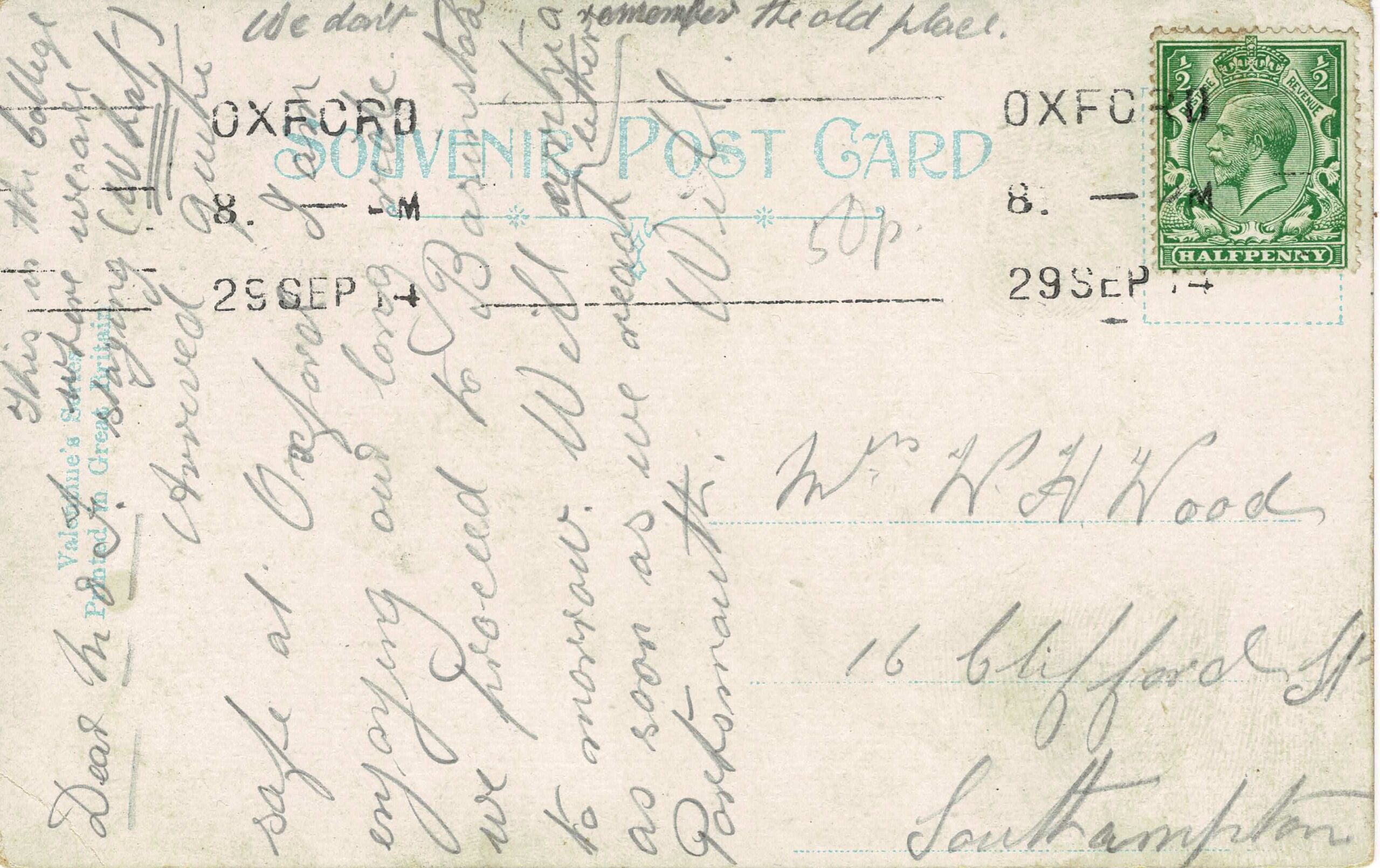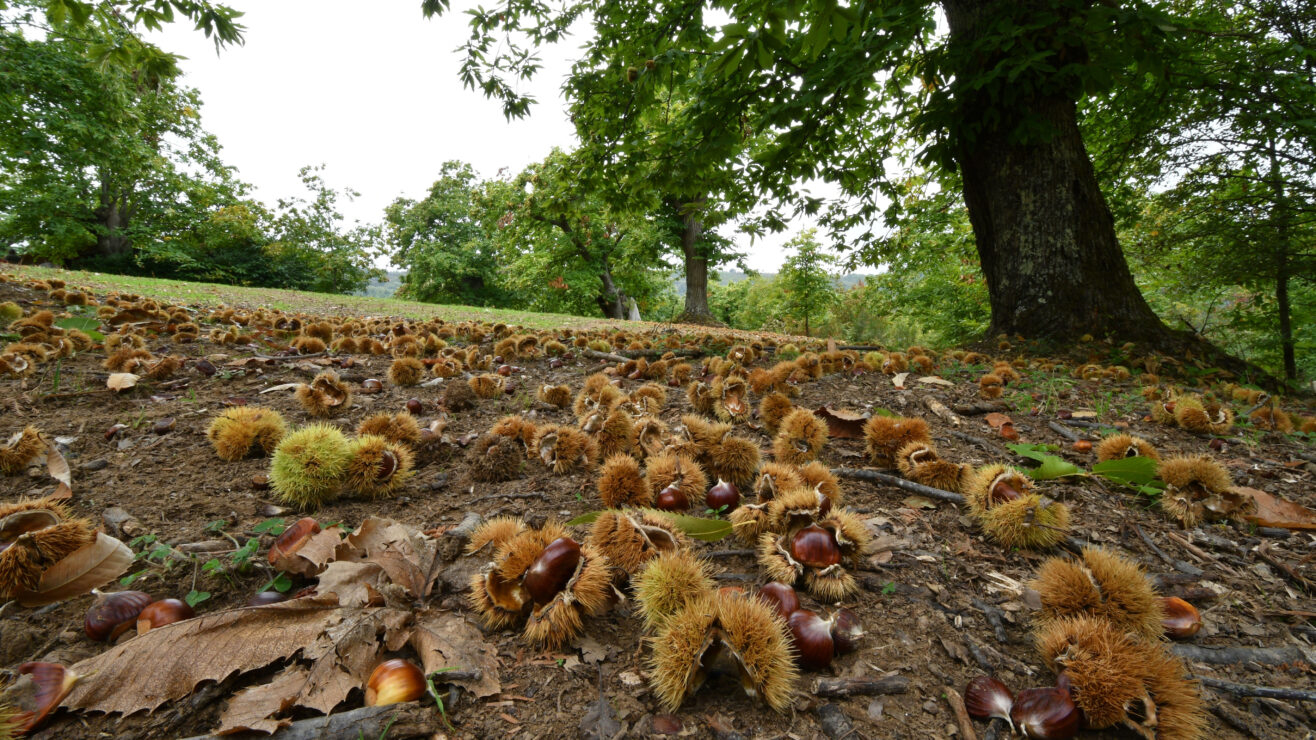Greetings from Oxford!
Let me start with an uncontroversial statement: the nineteenth century was very different to the current century. As L P Hartley had it, “the past is a foreign country; they do things differently there.”
One thing going on in that century was a reform movement within Anglicanism. The Tractarians, also known as the Oxford Movement (so called because it was centred upon Oxford) was a group of Anglicans who sought to move the Church of England closer to Roman Catholicism on some matters (yes, I know this is very simplified version). Among the leading figures – alongside John Henry Newman, now St John Newman – was John Keble.
But religious controversy wasn’t the only thing on Oxford’s mind. Substantial reform of the university was under way, with changes to governance, a reduction of influence of the church, and a recognition of the need to widen access, to use the modern term. One avenue being explored was the creation of a new, more affordable, college. The committee working on this included Professor Pusey, a fellow Tractarian. He showed the plans to Keble, who was very much in favour. And then Keble died.
His friends discussed what to do in tribute, and decided, as you do, that founding the college which Pusey had been discussing was the right thing. And so an appeal was launched, funds were raised, and the project progressed.
It’s worth noting that this was a new model for Oxbridge colleges: previously colleges were endowed by a rich patron – monarch, noble, church – but this was Victorian crowdfunding in action. And it was a model which possibly influenced the fundraising models for the new universities and colleges which followed soon after. For example, Bangor, the public subscription for which raised £12,000.
The college opened to new students in 1870. It hasn’t been without its critics – St John’s students formed a society to dismantle Keble which has, to date, been ineffective in its aims. Its distinctive buildings have been the source of much comment. They’ve been called “a dinosaur in a fair isle sweater” (which, to be fair, is a sight most of us would pay to see.) Apocryphally, a French visitor is reputed to have said “C’est magnifique, mais ce n’est pas la gare?” (I think the station is in fact about half a league away).
The college really did seek to make life economical for its students. Its buildings contained student rooms on corridors rather than via staircases, which was, apparently, a saving. I guess staircases contained suites rather than single rooms? I am honestly not sure what to make of this claim. I’ve also seen it claimed that the corridors made it easier for visitors to be supervised, which seems more plausible.
Another saving came in 1871, when Keble issued its own stamps, allowing students to send mail – only within Oxford, presumably – via the college porters. This was copied at a few other Oxford and Cambridge colleges, until in 1885 the Post Office decided that this infringed on its monopoly and insisted that the service cease.
Keble is now one of the larger of the Oxford colleges, with about 1000 students all told. Famous alumni include Ed Balls, the former Chancellor of the Exchequer and celebrity self-searcher on Twitter. Another is Imran Khan, who has been both a wonderful cricketer and a Prime Minister of Pakistan. Howzat for a career?
Here’s a jigsaw of the card. It was posted on 29 September 1914 to a Mrs Wood in Southampton.

As best as I can tell, the card reads:
Dear M + F [Mother and Father?], Arrived quite safe at Oxford. I am enjoying our long [????]. We proceed to Basingstoke [?] tomorrow. Will write a letter as soon as we reach Portsmouth. Will
And in inserts “This is the College where we are staying (what)” and “We don’t remember the old place”.
I am tempted to think that the card was sent as Will Wood stayed overnight as part of a military detachment on their way to Portsmouth for the continent, but I haven’t got anything other than the date of the card and one reading of its content to back that up. “C” Company of the No. 4 Officer Cadet Battalion was hosted at Keble College during the First World War, but the college’s archives hold no records of this before 1916. So I suspect speculation is all we have here.













